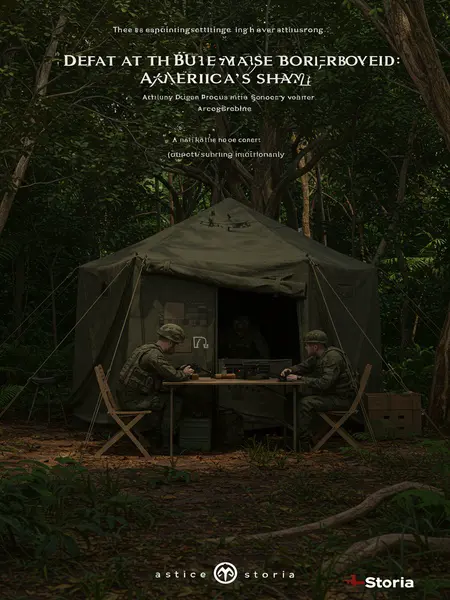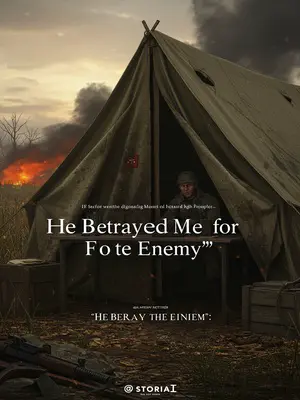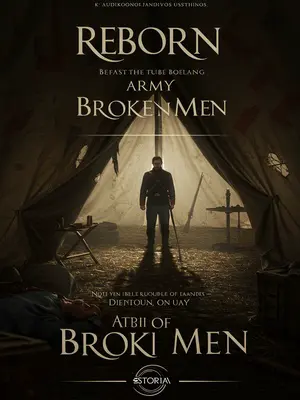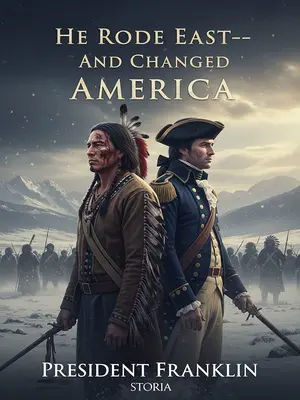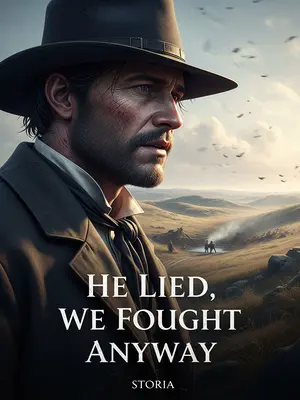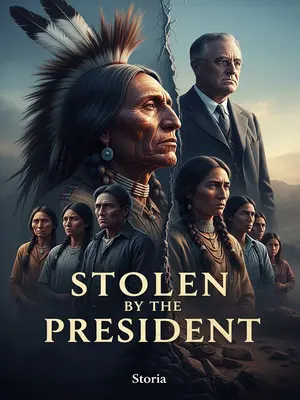Chapter 2: The Texas Border Raids
In the spring of 1762, Burmese soldiers arrived in force. They moved quickly, striking deals and collecting tribute from local leaders along what is now the Texas border. But they didn’t just take money—they took people, livestock, whatever they could seize, making no apologies. Their raids left entire communities gutted, and the locals whispered stories around their campfires about Burmese soldiers appearing from the mist.
Dust devils spun across abandoned ranches. In the adobe-walled church, bullet holes marked the doors where sheriffs had posted warnings. The American presence on the border was little more than a handful of National Guard troops manning the so-called "Eight Passes of El Paso"—maybe five hundred men, scattered over miles of desert and mountain. Against the disciplined Burmese, they might as well have been shooting spitballs. The Burmese treated the Texas borderlands like a cash machine, coming and going as they pleased. Local sheriffs posted warnings on the doors of tiny adobe churches, but few dared to resist.
It didn’t take long for the federal government to take notice. When the reports reached Washington, President Adams was incensed. By 1765, he ordered John Lewis, Governor of Texas and New Mexico, to strike back. Lewis wasted no time, rallying the Texas militia and calling in every able-bodied rancher, farmhand, and townsman he could find. Within weeks, he had a force of three thousand—armed, if not exactly trained, and ready to push back against the Burmese incursions.
The two sides met near the territory of the Cheli chief—what we’d now call southern New Mexico. It was a fierce, chaotic clash. The Americans, most of them fighting on land they’d grown up on, had heart but not much discipline. 'Ain’t never seen men march like that,' one young rancher whispered, knuckles white on his rifle, 'not even in stories.' The Burmese, drilled and armed to the teeth, broke their lines. Six hundred Americans died in the dust and brush, and by sunset, the survivors were retreating toward the mountains. News traveled fast in those days, even without telegraphs. Washington was reeling.
